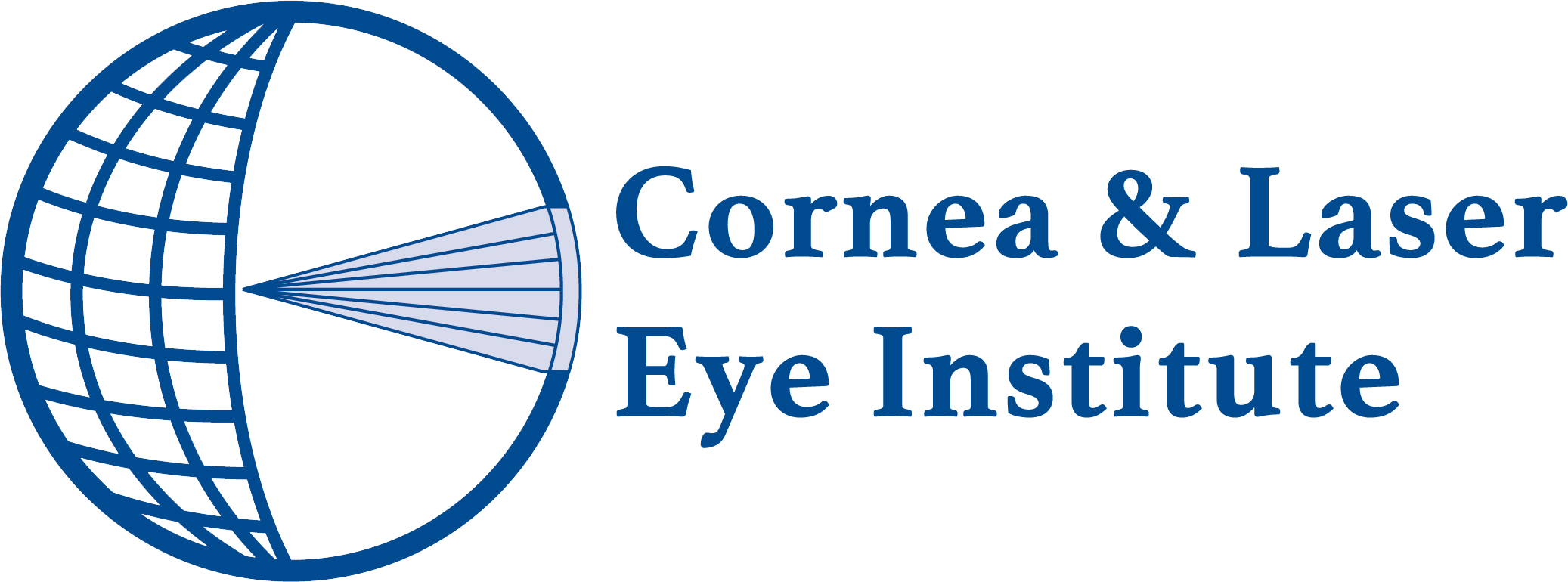


Introduction to Cataract Surgery and Recovery
Cataract surgery is a common and highly successful procedure that has restored clear vision for millions of people around the world. If you or a loved one has been diagnosed with cataracts, you may be feeling a mix of emotions – from excitement about the prospect of improved vision to some apprehension about the recovery process.
Rest assured, with proper care and a few lifestyle adjustments, most patients experience a smooth and relatively quick recovery after cataract surgery. In this comprehensive guide, we’ll walk you through the essential dos and don’ts to ensure your eyes heal properly and you can enjoy the benefits of your restored vision as soon as possible.
Understanding the Cataract Surgery Procedure
Cataract surgery is a minimally invasive procedure that involves removing the clouded natural lens of the eye and replacing it with a clear, artificial intraocular lens (IOL). This is typically done on an outpatient basis, with the entire process taking less than an hour.
During the procedure, your surgeon will make a small incision in the eye and use specialized tools, including a femtosecond laser, to break up and remove the cataract. The new IOL is then carefully inserted and positioned to provide clear, sharp vision. While the surgery itself is relatively quick, it’s important to understand that your eyes will need time to fully heal and adjust to the new lens.
Dos and Don’ts for the First Few Days After Cataract Surgery
Dos:
-
- Rest your eyes as much as possible and avoid activities that require close-up work or intense visual focus.
-
- Use the eye drops prescribed by your surgeon as directed to prevent infection and reduce inflammation.
-
- Wear the protective eye shield or glasses provided to you, especially when sleeping, to prevent accidental eye rubbing or bumping.
-
- Attend all scheduled follow-up appointments with your surgeon to monitor your progress.
-
- Maintain good hygiene by gently cleaning the eye area and avoiding touching or rubbing your eyes.
Don’ts:
-
- Don’t bend over or lift heavy objects, as this can increase eye pressure and disrupt the healing process.
-
- Avoid strenuous activities, such as exercise, that could potentially strain or injure your eyes.
-
- Refrain from swimming, hot tubs, or other activities that could expose your eyes to water or dirt.
-
- Don’t drive until your surgeon has cleared you to do so, which is typically a few days to a week after the procedure.
-
- Steer clear of makeup, lotions, or other products near the eye area until your surgeon gives you the green light.
Restrictions on Bending Over and Lifting Heavy Objects
It’s important to avoid bending over or lifting heavy objects for the first few days after your cataract surgery. This is because these activities can increase the pressure inside your eye, which can potentially disrupt the delicate healing process.
During the initial recovery period, it’s best to refrain from any strenuous physical activity, including:
-
- Lifting objects heavier than 10 pounds
-
- Engaging in any exercise or physical labor
Your surgeon will provide specific guidance on when you can gradually resume these activities, but it’s typically recommended to wait at least one week before slowly reintroducing them. Be sure to follow your surgeon’s instructions carefully to ensure a smooth and successful recovery.
Driving Restrictions After Cataract Surgery
Driving is another activity that you’ll need to refrain from for a period of time after your cataract surgery. This is because your vision may be blurry or sensitive to light in the days immediately following the procedure, which can impair your ability to operate a vehicle safely.
Most surgeons advise patients to avoid driving for at least a few days after cataract surgery, and sometimes for a week or two, depending on your individual recovery progress. During this time, it’s essential to arrange for alternative transportation, such as having a friend or family member drive you, or using rideshare services or public transportation.
Before you can resume driving, your surgeon will need to evaluate your vision and ensure that it has stabilized to the point where you can safely operate a vehicle. They’ll provide you with specific guidance on when you can start driving again, so be sure to follow their instructions carefully.
Recommended Lifestyle Adjustments for Optimal Recovery
In addition to the specific dos and don’ts related to your eyes, there are a few other lifestyle adjustments you can make to support your overall recovery after cataract surgery:
-
- Rest and Relaxation: It’s important to give your body and mind the time and space to heal. Try to take it easy and avoid strenuous activities or mentally demanding tasks during the first few days after your procedure.
-
- Healthy Diet: Eating a balanced, nutrient-rich diet can help support the healing process. Focus on foods that are high in antioxidants, vitamins, and minerals, such as leafy greens, citrus fruits, and lean proteins.
-
- Adequate Hydration: Staying well-hydrated by drinking plenty of water can help reduce inflammation and promote healing.
-
- Gentle Exercise: Once your surgeon clears you to do so, incorporate some light, low-impact exercise, such as walking, to help improve circulation and promote overall well-being.
-
- Stress Management: Coping with the stress of surgery and recovery can be challenging. Practice relaxation techniques, such as deep breathing, meditation, or gentle yoga, to help manage anxiety and promote a positive mindset.
By making these lifestyle adjustments, you can create an environment that supports your eyes’ healing and helps you achieve the best possible outcome from your cataract surgery.
Conclusion: Enjoying Improved Vision After Cataract Surgery
By following the essential dos and don’ts outlined in this guide, you can help ensure a smooth and successful recovery after your cataract surgery. Remember to be patient, follow your surgeon’s instructions, and take the necessary steps to support your eyes’ healing process.
With the proper care and lifestyle adjustments, you can look forward to enjoying the benefits of improved vision and a renewed sense of independence and quality of life. Embrace this exciting new chapter and celebrate the positive impact cataract surgery can have on your overall well-being.
If you or a loved one is preparing for cataract surgery, schedule a consultation with our team of experienced ophthalmologists today to discuss your options and develop a personalized recovery plan.





